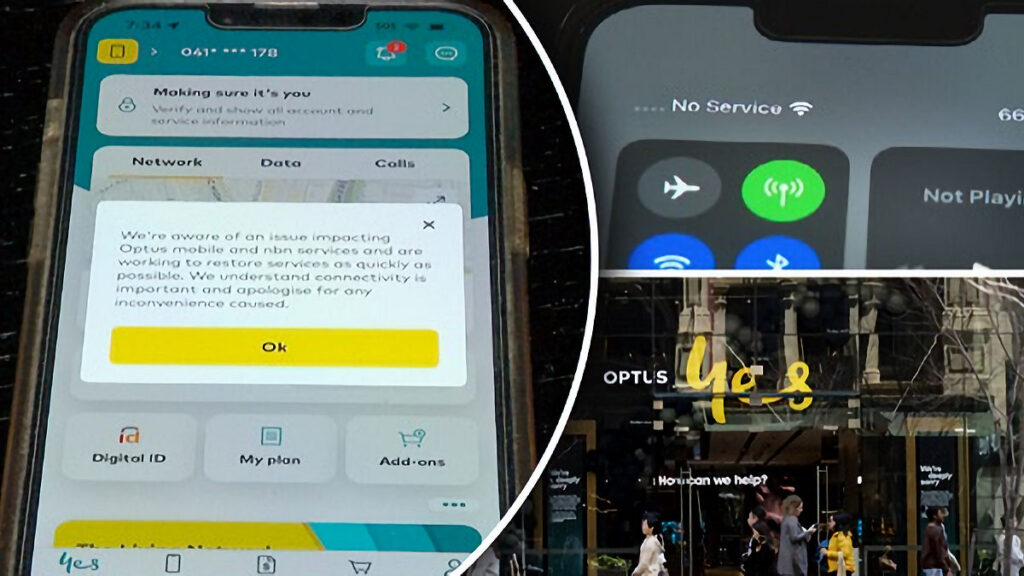Optus Failure Highlights Redundancy For Security Comms.
Optus Failure Highlights Redundancy – Last week’s failure of the Optus network, which went down Australia-wide after rolling issues with hardware firmware upgrades, raises serious questions around redundancy for security installers, security integrators and end users.
This was a massive failure, with 10 million customers and 400,000 businesses losing connectivity across a slew of network applications, including fire, security, safety, data, medical, audio and video comms, and much, much more.
While many alarm systems depend on wireless networks, many have dual redundant monitoring paths, as well as local connection to networks. But for dedicated Optus customers, the network-wide failure would have taken out all options and there will be some soul searching and risk assessment going on as providers look for ways to ensure they are never exposed to total carrier failure again.
Optus Failure Highlights Redundancy For Security
Australia’s recent natural disasters, which have impacted heavily on mobile networks in remote locations, feed into the equation – there’s no question that given the importance of comms to – well, everything – it’s a false economy to whine about telco costs when your operation, all the way up to board level, utterly depends on these networks to communicate for the purposes of business and life safety.
Given the affordability of wireless (including industrial 4GLTE backup), wired, satellite and fibre comms when compared to their importance, security integrators and security managers should consider multiple layers of redundancy and the potential cost to the business of losing comms must be factored into the equation.
Multiple installation and integration businesses in the industry have said the Optus failure hit hard, with some technical teams still working on little else as they continue to battle to get systems and devices back online.
The single point failure underlines the potential of Starlink as a backup in many applications – metropolitan as well as rural. Deploying a secondary network that is to considerable extent separated from major carriers makes Starlink highly valuable and its performance is typically superior to 4G LTE and standard wired comms.
Optus has apologised for the outage and pledged it will never happen again but there’s no question there will be another core network failure no matter who the provider. When their networks fail, security providers and security managers are going to need redundancy failover.
You can find out more about the Optus network failure here or read more SEN news here.
“Optus Failure Highlights Redundancy For Security Comms.”









